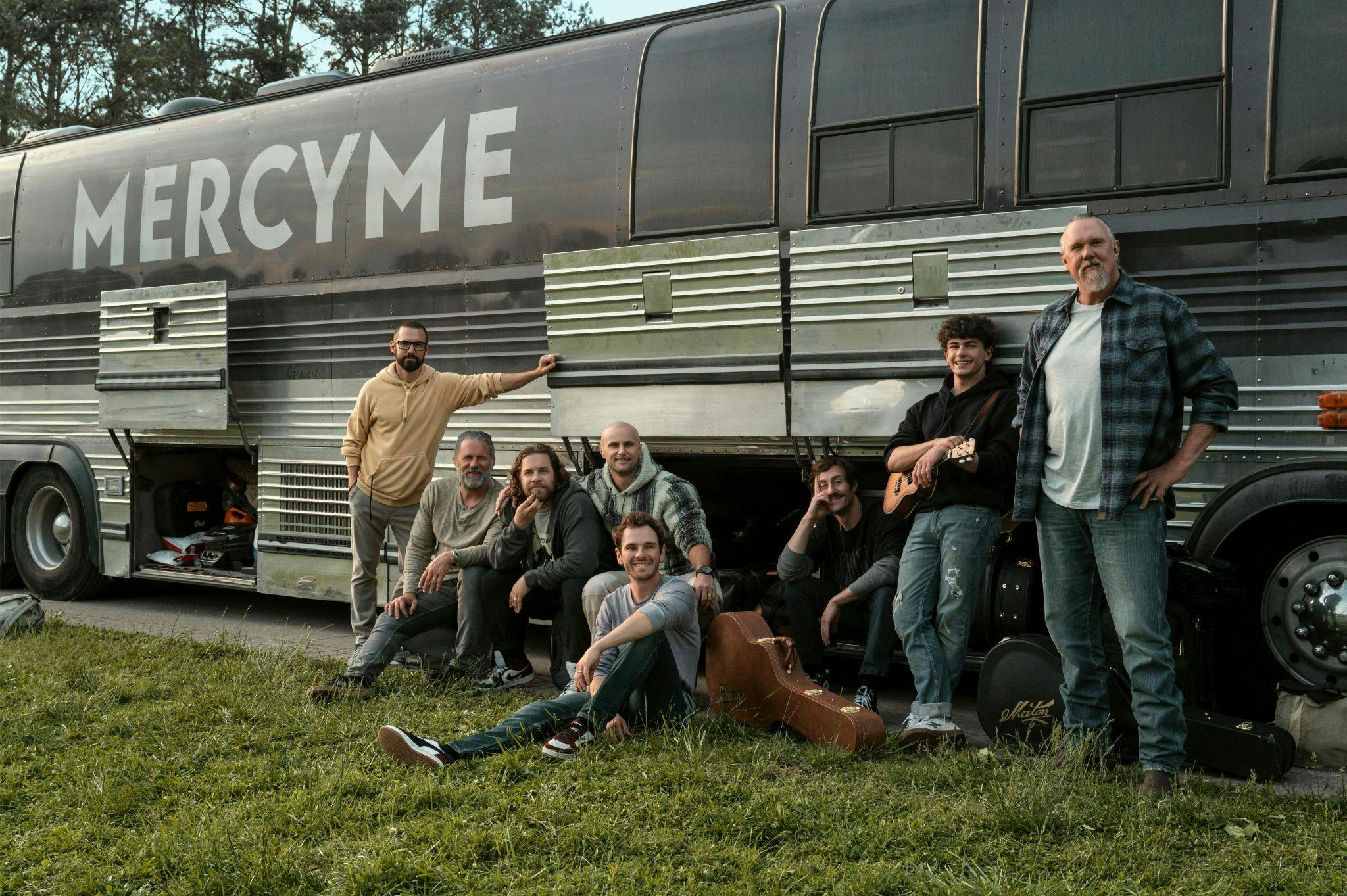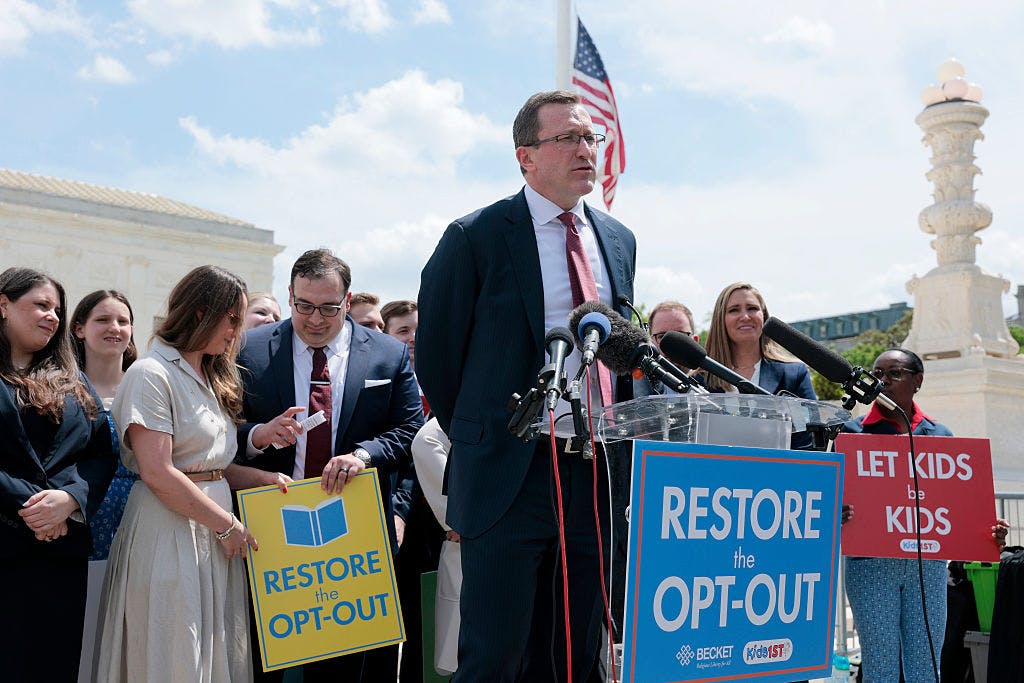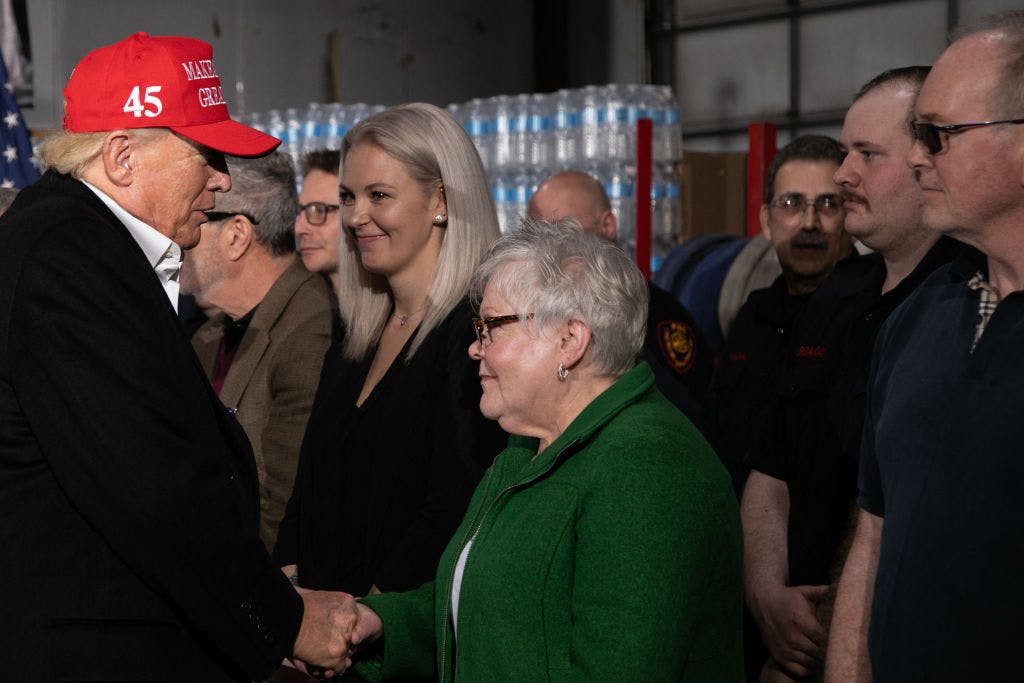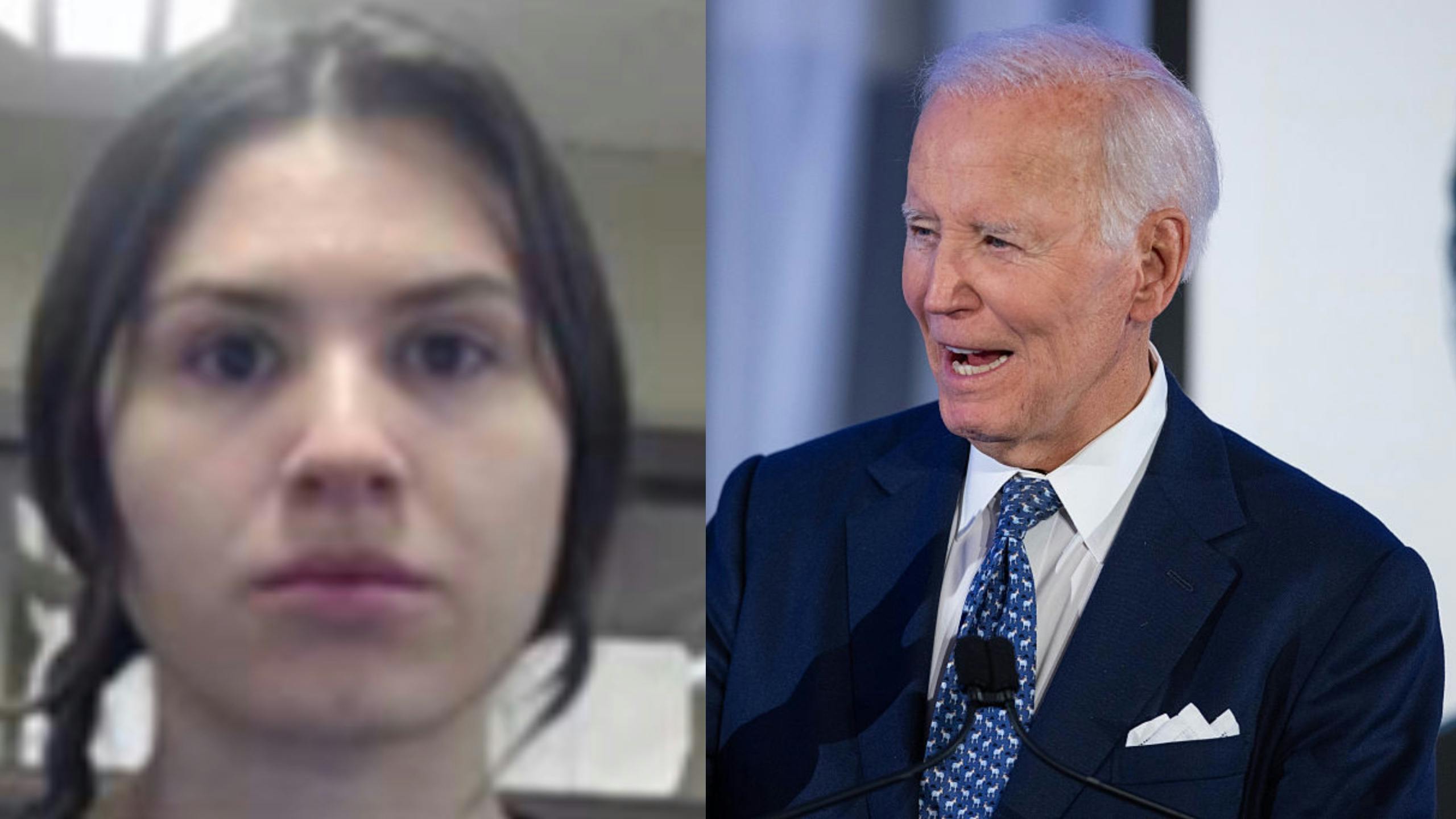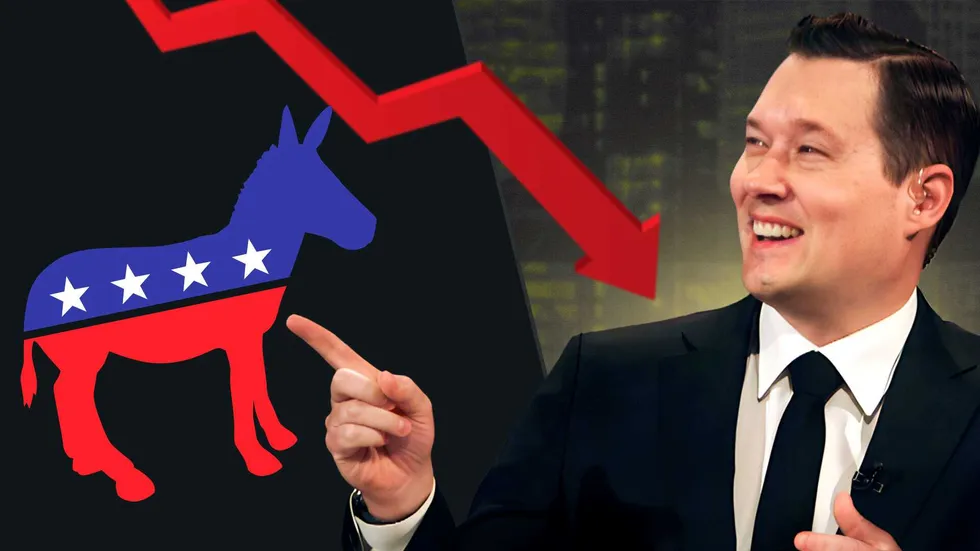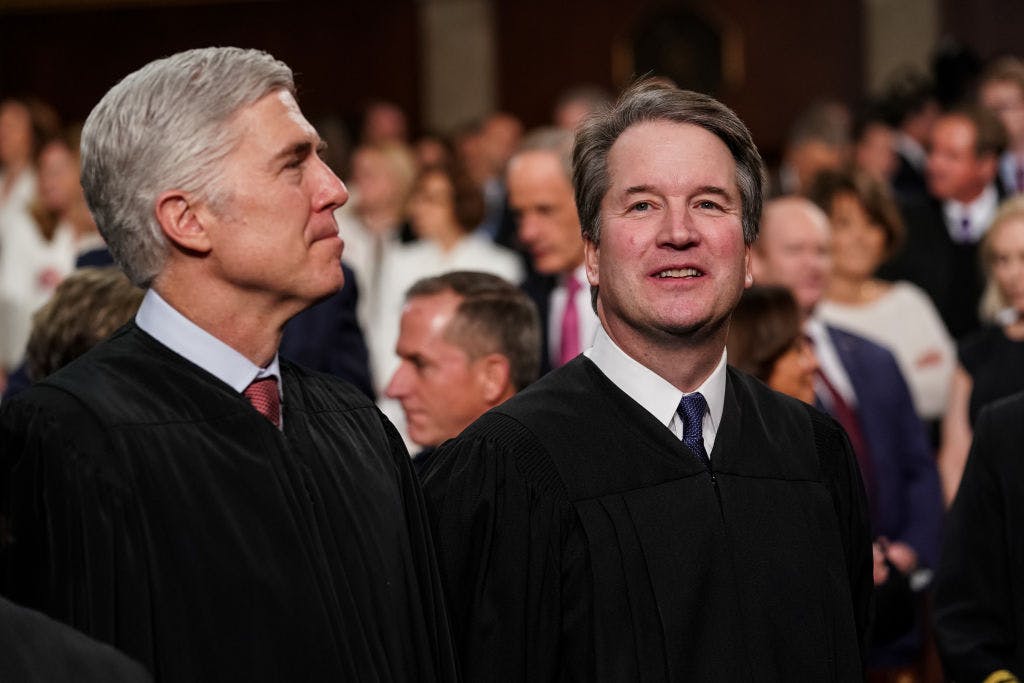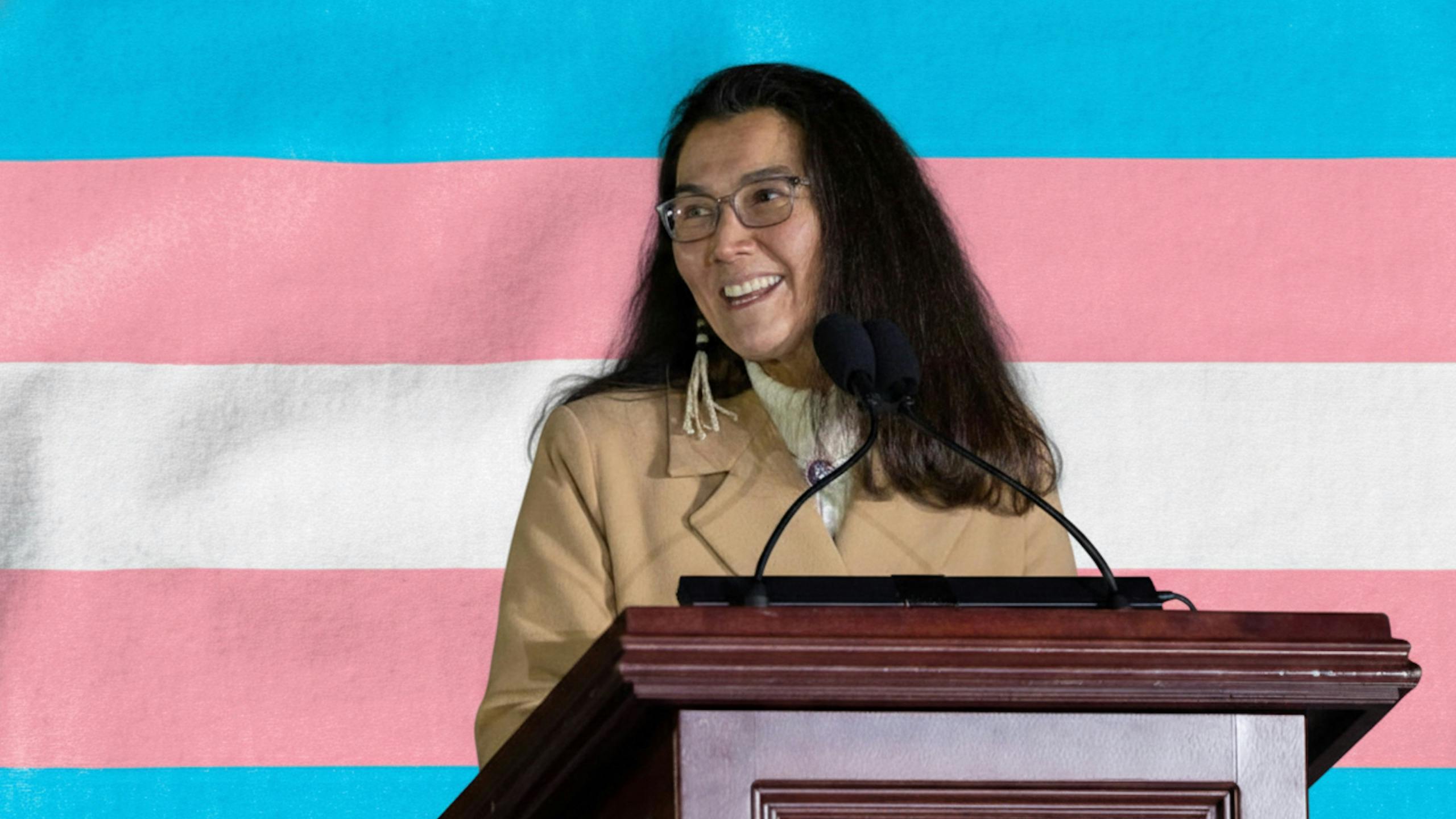Victor Davis Hanson: ‘We Did That’: Baby Boomer’s ‘Generational Betrayal’

In this episode of “Victor Davis Hanson: In His Own Words,” Victor Davis Hanson and Jack Fowler discuss the failure of baby boomers to pass on the American dream and the values of their grandparents.
Live Your Best Retirement
Fun • Funds • Fitness • Freedom
Editor’s note: This is a lightly edited transcript of today’s edition of “Victor Davis Hanson: In His Own Words” from Daily Signal Senior Contributor Victor Davis Hanson. Subscribe to VDH’s own YouTube channel to watch past episodes.
Jack Fowler: So, Victor, let’s talk about this generational warfare. I have two things I want to read. Sorry, folks who are listening. This is a post from Benny Johnson, the conservative social media commentator. I used to be his boss once upon a time at National Review for a short while. He posted on X the other day:
“This is generational betrayal. What Boomer will have the backbone and humility to admit this, apologize and spend their final years and energy to right this wrong. I hear nothing. A generation voting and regulating themselves, lavish riches, and closing the door on the way out.”
This has to do with home ownership: the lack of home ownership by young Americans and the increased home ownership by the elders.
Just bear with me, folks, and then I’m going to shut up and Victor will share his wisdom.
So, Michael Brendan Dougherty, my old colleague at National Review, wrote a piece the other day, “Boomers Didn’t Pass on the American Dream.” And it ends like this:
American men are less fit, less likely to be married, less likely to have children, less likely to own a home, and consequently, more likely to be addicted to a drug, more likely to be marred in medical debt or on a disability, and more likely to be politically alienated. To the extent that political conservatism has in any way sanctified these results, telling Boomers that they did it all by their own virtue, or assuring them that posterity failed them, rather than that they failed to pass on their country in a better condition than they inherited it, it must repent. To the extent that conservatism pats itself on the back for victories so long ago in the past that they’re not a living memory for the majority of its citizens, it is losing the fight for the future. Fifty-year mortgages will only compound the idiocy of indenturing the young for the profit of elderly asset holders. The idea that young Americans, blocked out of ownership of real assets, most especially the ornaments of middle class and familial life will seek to conserve the very institutions that dispossess them is a joke only an overfed ideologue could believe.
Pretty powerful claims, charges, and worth your commentary because, Victor, this is spreading in social media.
Victor Davis Hanson: Yeah, I think boomers who are listening to this are trying to sort it out. They see the two arguments. The argument that Dougherty made was, kind of, we got ours and we inherited certain values that were inculcated into us. We inherited a 4% gross domestic product per annum growth. We inherited a less regulatory society, a more can-do. We had a house.
I went to University of California, Santa Cruz. I think it was about $900. There was no tuition. There was just $300 a quarter for fees. And then once we got ours and our homes and everything, we regulated, we were going to create Nirvana. We were going to create all these elaborate procedures in health and home buying. And the result was we regulated to death. And then this young group suffered the consequences.
That’s his argument. And it’s both that we changed the structure of America to the detriment of these young generations. And then we created an ethos, or we didn’t pass on the Depression-era, World War II ordeal that our parents did. There’s a lot to say for that. I agree with that. Absolutely.
That being said, a lot of you are gonna say, “Hey, Victor, not so fast.” And what they mean by that is, have you ever asked any of your kids if they’ve had Spam? I don’t think they’ve ever eaten Spam, do you?
Fowler: Me? No. They’ve never eaten Spam. I’ve eaten Spam. I have, but yeah.
Hanson: Yes, we’ve all eaten Spam. I can remember being 7 years old and eating things that were almost surplus at the cafeteria in a rural school. I can remember it was pretty poor. I can remember that. If you were in the late ’50s or ’60s and you were middle to lower, middle class, and you wanted to drive 200 miles to the Bay Area, it was sort of like sailing on the New World, Santa Maria. I mean, when I was a student, I broke down at least seven or eight times trying to get 200 miles.
Remember carburetors, distributors, cars. And if they were used, and I had a used old Volvo, it was just a wreck. Then, of course, when you’re growing up, you share your bedroom with your sibling or two siblings. I think at one point we had three of us in there when my cousin moved in.
Fowler: I had five in my bedroom.
Hanson: Well, I never had a single bedroom. I had a twin brother. We always shared it. But my point is that, and then you know, something called “chores.” Do you think that these young people, I don’t know. I don’t think that on weekends they picked walnuts up for eight hours a day and then their parents had to scrub their hands, even though we wore mittens because walnut stain made our hands almost black. But we did all of that stuff, and you know what we were told? We were told correctly, so that this was a joke compared to what our parents went through.
My father said, “I moved into the barn at 12 years old. There was no electricity. I wired a hot wire over to the house. I had one cold water pipe. I had an outhouse. That’s where I lived so that my sister could have one of the two bedrooms: my parents, and she had that.” And I looked at that house, it was about 800, 900 square feet, and that was considered really nice.
What I’m getting at is that generation did not—I think Doughtery was right, that we did not pass on that generational depression, that unique nexus of depression in World War II. And the idea of the ordeal they went through. We were the beneficiaries of that, and yet we didn’t pass on that. It’s sort of like that old classical idea that Athens had the Marathon Men. They created the Periclean class, and then the Periclean destroyed Athens by producing the third generation.
Or as my grandfather always said, he’d point out to a house, and he said, “See that right there? That’s a big fancy house. The guy who built that came from Armenia, and he had nothing, nothing. He lived in a shack. He worked from the dawn up to sunset. He worked seven days a week. And when he died, his whole land was paid for, and he had money in the bank, and his son, who’s a good farmer, and he built a beautiful home. But I worry about that family because they don’t work.” Like I said, “Well maybe the son’s a businessman now, he understands the food market.”
And then the third generation before my grandfather died. “So that boy that’s your age came out to see you the other day. He’s gonna destroy that whole legacy because he doesn’t even know who his grandfather was and how hard he worked.” It’s true. So that this Generation X or Z, or what are they? Zs?
Fowler: I lost track.
Hanson: I don’t even know what they are anymore, but they’re out. They vote for [Zohran] Mamdani, and they can’t do this, and they can’t do that. But you know what? When you turn 18, I’ve never played a video game in my life. How many hours have you spent on video games? And what if you had not spent that time on video games?
I’m not talking at 12 or 13, I’m talking at 16, 17, 18. Maybe you could have taken an online course in electricity. Maybe you could have taken an online course in roofing. Why not do something like that? And then, when you think that you’re taking three units here and six units there, why do that?
Just get it over. Just take the loan and then take 15 units and get out. But don’t do this, and then kind of do that, and kind of do this. I never lived at home after I was 18, 17. I went to college. I came back and then I came home and farmed, and my parents called up and said, “Your grandmother’s 91 years old and we are not living on the farm, and would you please come home for a summer and take care of her? And she’s all by herself.” And I did. And then my mom would say, “The house is falling apart. Would you stay?” And I said, “I’m leaving. I’m going to get a job back East. Part-time, by the way.” And then I stayed because the house was falling apart. But my point I’m making is, both sides have it. We are culpable for not passing on the values that our parents taught us in many cases.
And we altered the roles of the economy and the way the United States functioned, the school system especially. And yes, because when I went to UC Santa Cruz, I took something called “Introduction to the Western Civilization,” and I had a guy named Jasper Rose who taught art history. And another young [professor], a woman, I’ll remember her name, Mary, and they were fantastic teachers of art history.
And I took a class in, they called it a seminar in Western civilization. So, you took the lectures three times a week, and then I had a seminar from 27-year-old John Lynch, Harvard. B.A., Ph.D. in classics, had written a book at 27, and that class was one of the most, five 20-page papers in 12 weeks. Not even that. It was a quarter system and then just full of red ink. And so that was the most demanding stuff. The university had just opened, and I just remember studying the entire time and then going home and working on the farm and coming back. And I don’t think people do that anymore.
I don’t think they have that demanding curriculum. And we did that. Our generation destroyed that curriculum. So, they go to college now and it’s the poetics of masculinity or toxic masculinity, or the racial colonial settler, or development of the Oregon Trail or something like that.
They’ve just polluted everything.
We publish a variety of perspectives. Nothing written here is to be construed as representing the views of The Daily Signal.
The post Victor Davis Hanson: ‘We Did That’: Baby Boomer’s ‘Generational Betrayal’ appeared first on The Daily Signal.
Originally Published at Daily Wire, Daily Signal, or The Blaze
What's Your Reaction?
 Like
0
Like
0
 Dislike
0
Dislike
0
 Love
0
Love
0
 Funny
0
Funny
0
 Angry
0
Angry
0
 Sad
0
Sad
0
 Wow
0
Wow
0
























































